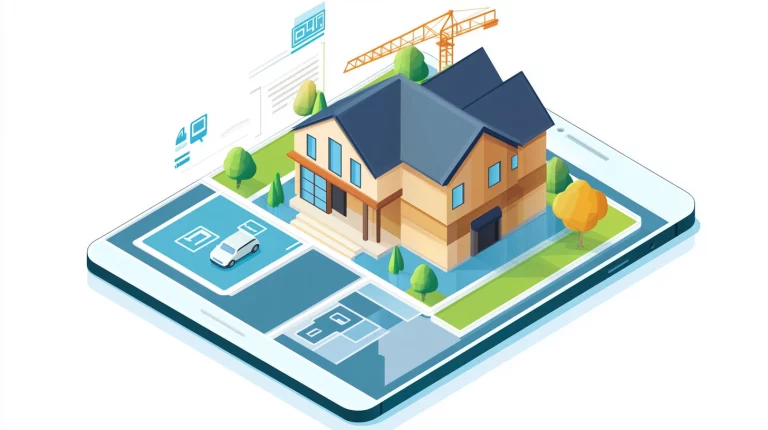In today’s digital era, mobile technology is reshaping industries by enabling more flexibility and real-time interaction. In the construction sector, this technological advancement is significantly enhancing how bids are managed and processed.
The integration of mobile technology with construction bidding software has not only streamlined the bidding process but also transformed it into a dynamic, accessible, and efficient system.
Empowering On-the-Go Management
The advent of mobile technology has brought construction bidding software out of the office and into the field. Managers and contractors now have the ability to handle bidding processes directly from their smartphones or tablets, providing unprecedented access and flexibility.
Real-Time Updates and Notifications: Mobile-enabled construction bidding software keeps project managers and stakeholders updated with real-time notifications. Whether it’s a change in bid status, a new submission, or an urgent update, the immediate availability of information ensures that no time is lost and decisions can be made promptly, irrespective of the manager’s location.
Enhanced Accessibility: With mobile technology, the barriers of time and location are significantly reduced. Project managers on one site can prepare and review bids for another project miles away, ensuring continuous progress and management without physical boundaries.
Streamlining Bidding Processes with Mobile Capabilities
Mobile technology enhances construction bidding software with various features that streamline the entire bidding process. From document access to communication, every aspect of bidding becomes more efficient through mobile integration.
Document Management and Access: Mobile construction bidding software allows users to access, edit, and share documents on the go. This means that bid proposals, contracts, and amendments can be managed from anywhere, reducing downtime and expediting the review process.
Communication and Collaboration: The software facilitates better communication channels among all parties involved. Quick queries can be resolved through instant messaging features, and video calls can be used for virtual meetings, making collaboration more effective and inclusive.
Data Capture and Entry: Mobile devices equipped with cameras and other sensors can directly input data into the construction bidding software. For instance, contractors can take site photos and upload them instantly to the bid document, providing clear, real-time evidence to support their proposals.
Overcoming Challenges
While mobile technology significantly enhances the functionality of construction bidding software, it also introduces challenges that need to be addressed to maximize its potential.
Security Concerns: With the increased use of mobile devices, securing sensitive bid information becomes paramount. Construction firms must implement robust security measures, including encrypted communications and secure access protocols, to protect data from unauthorized access or breaches.
Training and Usability: Ensuring that all users are comfortable with the mobile features of the construction bidding software is crucial. Regular training sessions and intuitive user interfaces can help increase adoption rates and ensure that all team members can fully leverage the mobile capabilities.
Conclusion
Mobile technology has undeniably transformed how construction bidding software is used in the industry. By bringing flexibility, real-time data access, and enhanced communication, mobile integration helps construction firms manage bids more effectively and respond to opportunities and challenges more swiftly.
As mobile technology continues to evolve, its integration with construction bidding software will likely deepen, offering even more innovative ways to streamline and optimize the bidding process. Embracing this technological shift is essential for construction firms aiming to stay competitive in a fast-paced market.

